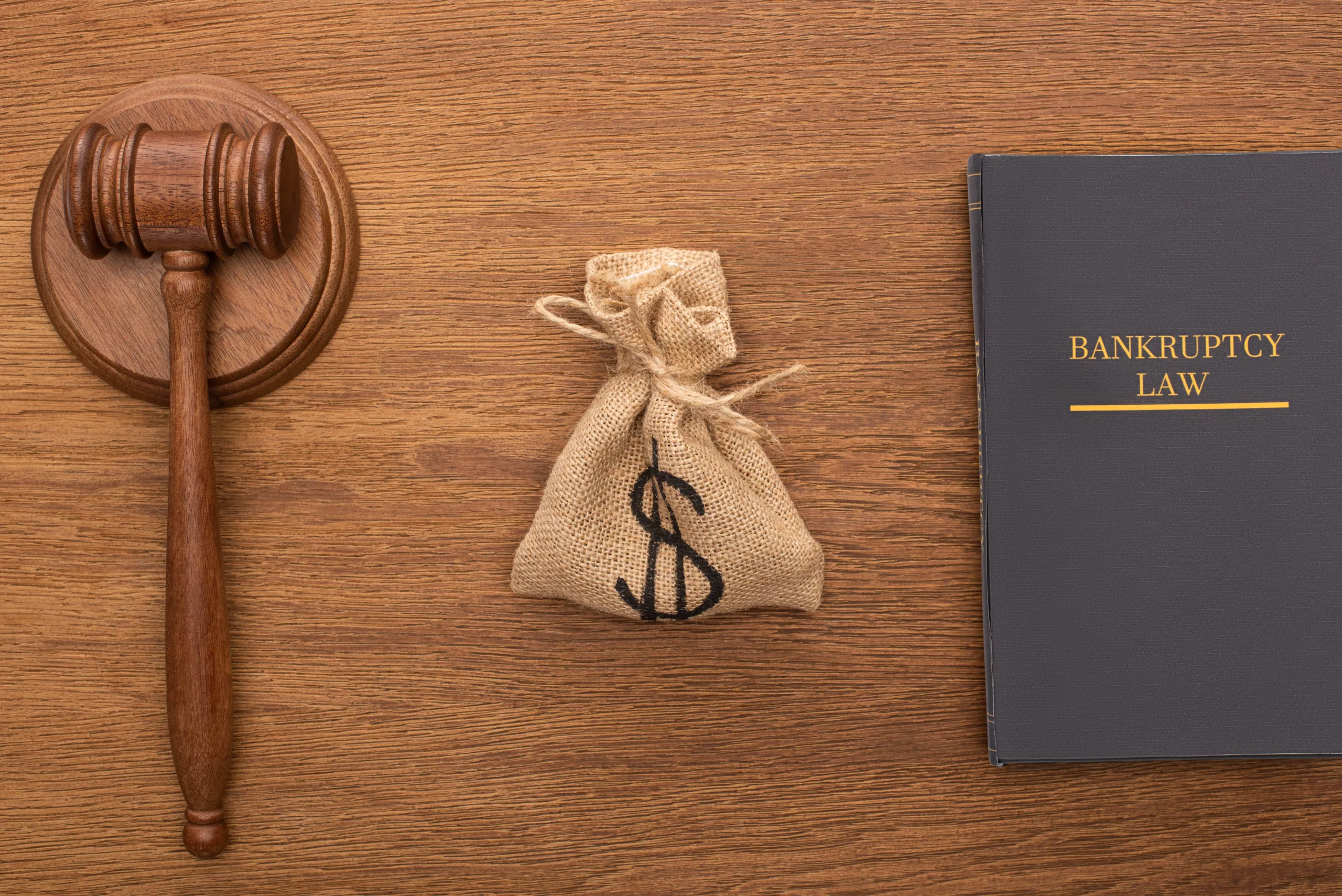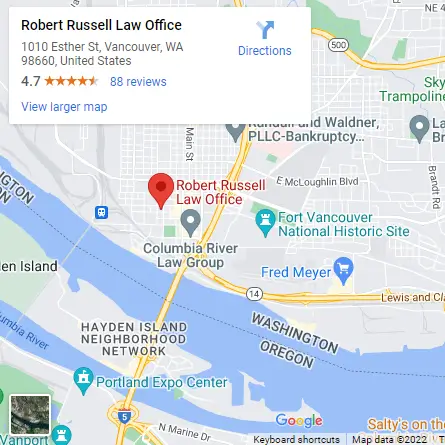Fair Credit Reporting Act & Bankruptcy
The federal Fair Credit Reporting Act dictates how long a bankruptcy can be listed on a credit report.
- Legally, a Chapter 7 can be listed ten years from the date of filing. 15 USC § 1681c.
- Legally, a Chapter 13 can also be listed ten years from the date of filing. 15 USC § 1681c.
The Real World: Credit Reporting Agencies and The Chapter 13 Benefit
Credit Reporting Agencies are aligned with creditors. As a result, Credit Reporting Agencies encourage people to file Chapter 13 on the theory that a Chapter 13 repays more money to creditors than a Chapter 7. (That is only sometimes true.) For example: Experian, one of the three main credit reporting agencies, states:
- Chapter 7 Bankruptcy: The person filing the bankruptcy does not repay any debts included in the filing. A Chapter 7 bankruptcy remains on your credit report for 10 years after the date filed.
- Chapter 13 Bankruptcy: The person filing repays a portion of his or her debts through a debt repayment program. A Chapter 13 bankruptcy remains on your credit report for 7 years after the date filed.
Bankruptcy & Credit: It Is Not As Bad As You Fear
The fact that your credit report shows you filed bankruptcy does not disqualify you from credit – hardly. That’s just not how it works. Bankruptcy is just one factor in determining your credit worthiness. I have had clients tell me their credit score jumped more than 150 points within the year after filing Chapter 7. We have more information on the impact of bankruptcy on borrowing on this website including this article on home loans.
If you have other questions, please feel free to ask us. We are here to help.








